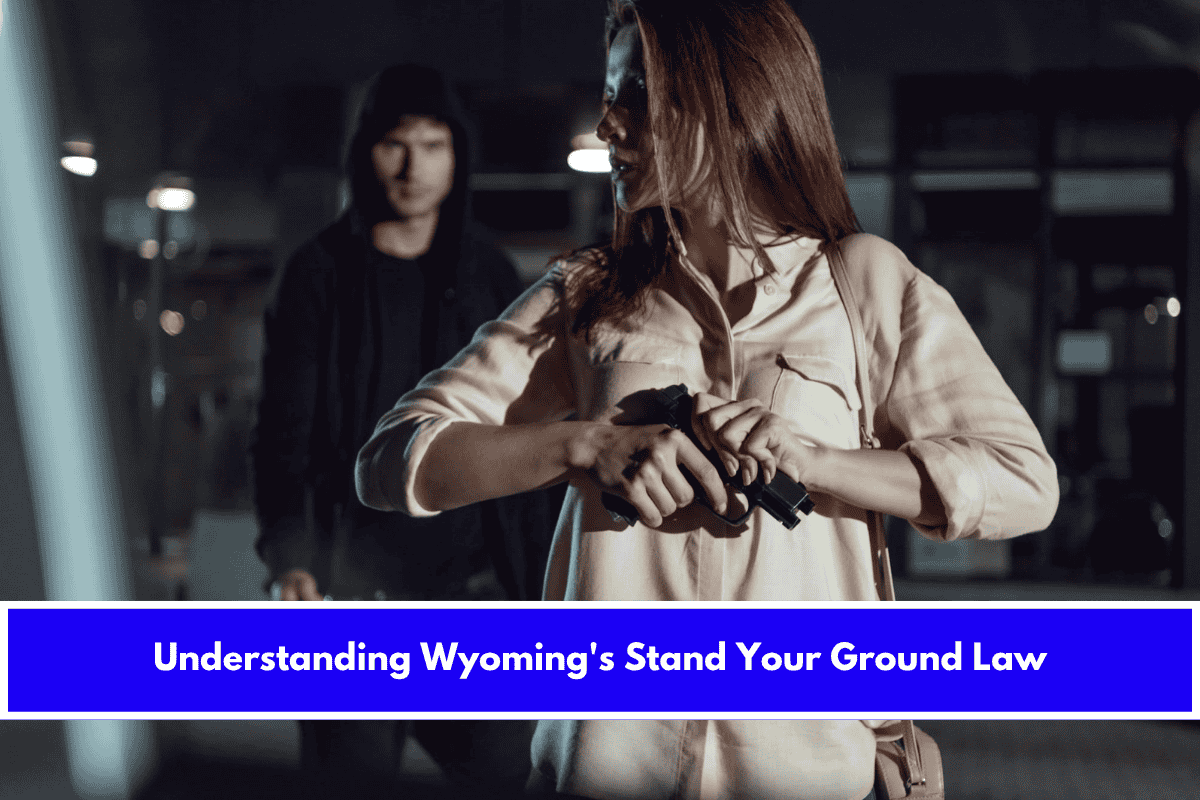Wyoming’s Stand Your Ground law is a robust legal framework that empowers residents to defend themselves or others with force—including deadly force—without the obligation to retreat, provided certain conditions are met.
Key Features of Wyoming’s Stand Your Ground Law
- No Duty to Retreat: Individuals in Wyoming are not required to attempt to escape or retreat before using force in self-defense, as long as they are lawfully present and not engaged in illegal activity.
- Where It Applies: The law covers any place where a person is lawfully present, including homes, vehicles, and public spaces.
- Reasonable Belief Standard: Force, including deadly force, is justified only if a person reasonably believes it is necessary to prevent imminent death, serious bodily injury, or the commission of a violent felony.
- Immunity: If the use of force is found to be justified, the individual is immune from both criminal prosecution and civil liability for injuries or damages resulting from the incident.
- Castle Doctrine Inclusion: Wyoming’s law incorporates the Castle Doctrine, specifically allowing the use of deadly force in defense of one’s home or habitation without retreating.
- Provocation: The law does not protect those who provoke or instigate the confrontation. If a person is the initial aggressor, they cannot claim Stand Your Ground as a defense.
Summary Table
| Feature | Wyoming’s Stand Your Ground Law |
|---|---|
| Duty to Retreat | No |
| Applies in Public | Yes |
| Applies at Home | Yes (Castle Doctrine included) |
| Reasonable Belief | Required |
| Immunity | Criminal and civil |
| Provocation | Disqualifies defense |
Important Considerations
- Lawful Presence: You must be in a place where you have a legal right to be and not engaged in criminal activity.
- Proportionality: The force used must be proportional to the threat faced.
- Legal Process: Individuals asserting Stand Your Ground should promptly contact law enforcement, provide a detailed account, and gather evidence to support their claim.
- Burden of Proof: While immunity is available, the burden may fall on the defender to show the reasonableness and lawfulness of their actions.
Wyoming’s Stand Your Ground law offers significant protections for self-defense, removing the duty to retreat and providing immunity from prosecution and civil suits when force is justifiably used. However, these protections are contingent on the defender acting lawfully, reasonably, and not provoking the confrontation.
Sources:
- https://giffords.org/lawcenter/state-laws/stand-your-ground-in-wyoming/
- https://www.wyoleg.gov/Legislation/2025/HB0172
- https://www.steventituslaw.com/blog/is-wyoming-a-stand-your-ground-state/
- https://en.wikipedia.org/wiki/Stand-your-ground_law











Leave a Reply